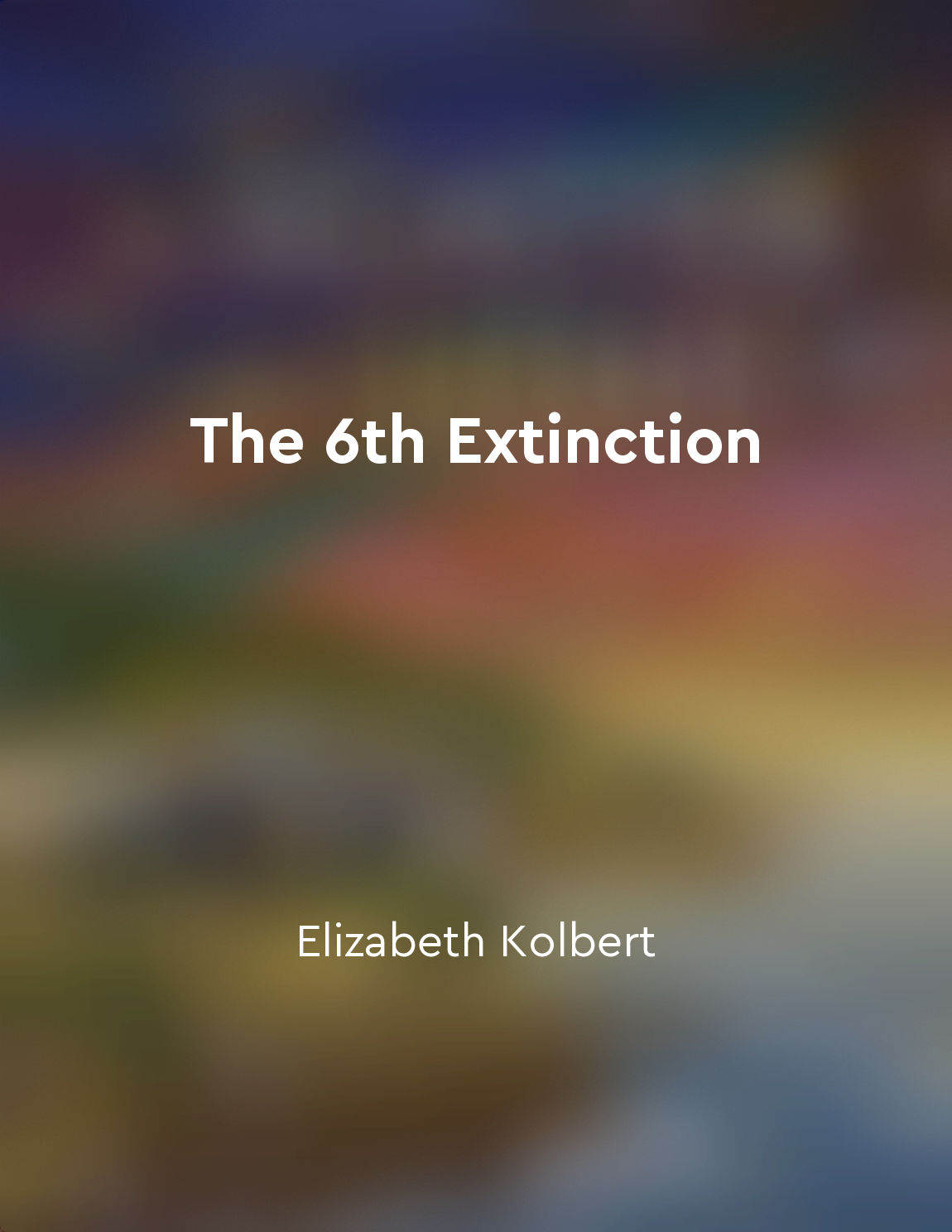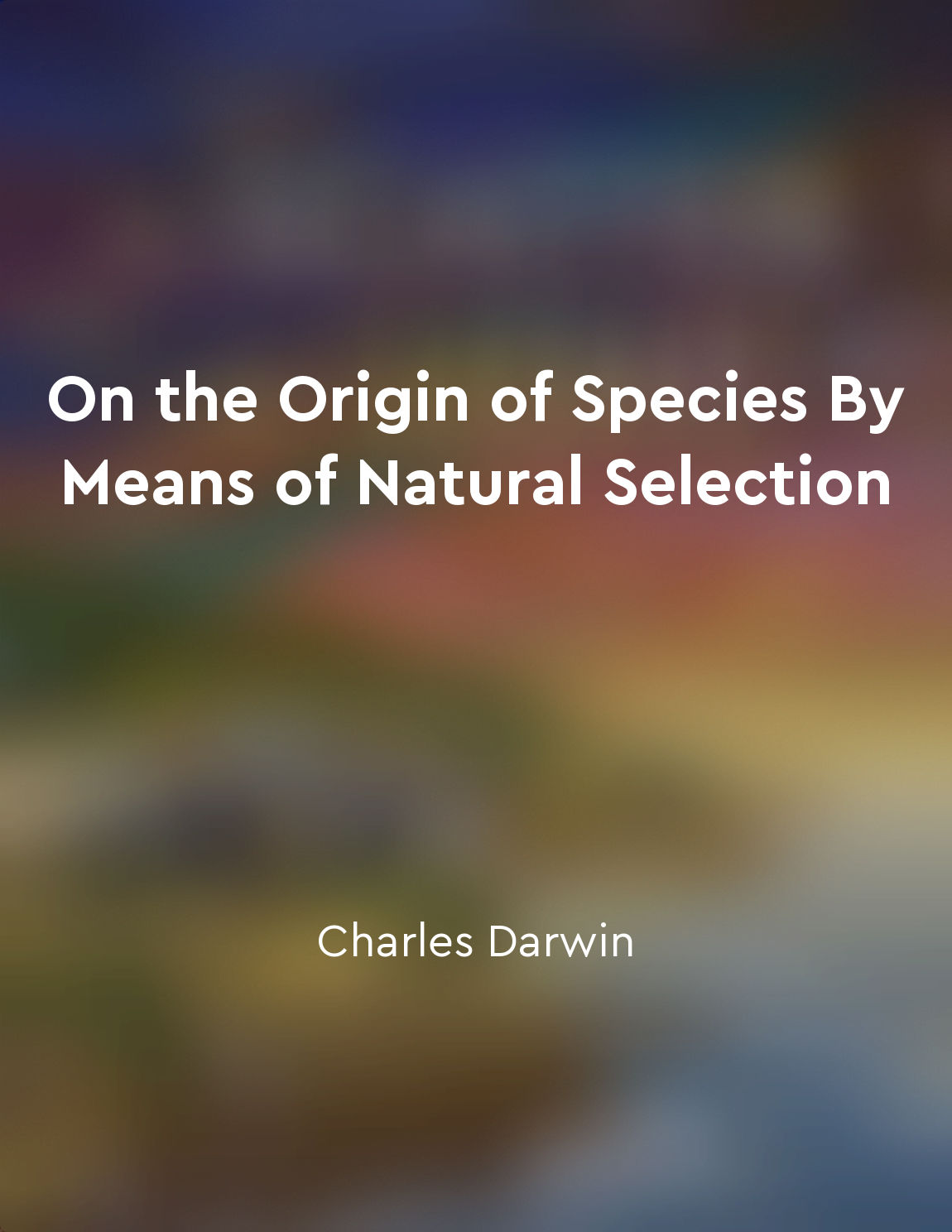Nonnative plants contribute to the decline of pollinator populations from "summary" of Bringing Nature Home by Douglas W. Tallamy
Nonnative plants do not provide the necessary resources for pollinators to thrive. Many nonnative plants do not produce the nectar, pollen, or other resources that native insects need to survive and reproduce. This lack of resources leads to a decline in pollinator populations because they are unable to find the food and shelter they need to thrive. Native plants have co-evolved with native pollinators over thousands of years, creating specialized relationships that are essential for both plant and pollinator survival. When nonnative plants are introduced into an ecosystem, they disrupt these relationships by not providing the necessary resources for pollinators. This disruption can lead to a decline in pollinator populations as they...Similar Posts
Addressing the root causes of environmental degradation
To truly tackle the challenges of environmental degradation, we must dig deep to uncover the root causes that are driving these...
The narrative around GMOs should focus on evidencebased discussions rather than fear-mongering
The discussion surrounding genetically modified organisms (GMOs) should be grounded in evidence rather than fear. In the debate...
Our actions have farreaching consequences
The world in which we live is a delicate and intricate system that relies on the balance of various elements to function proper...
Trees play a crucial role in the carbon cycle
Trees are the planet’s carbon sink. They take carbon dioxide out of the air, break it down, and lock it away in the ground. In ...
The impermanence of life is what makes it precious
Life is fleeting, ever-changing, and unpredictable. It is this very impermanence that gives life its preciousness. We often tak...
Water sources are contaminated by pesticides
The rivers, lakes, and streams that once flowed crystal clear, reflecting the sky above like a mirror, now tell a different sto...
Future
The future is a critical aspect of conservation planning for the natural heritage of Washington. It involves looking ahead and ...

We must take responsibility for the damage we have caused to the natural world
The idea that we must take responsibility for the damage we have caused to the natural world is a central theme in "The 6th Ext...

Variation in organisms
The variation in organisms is a fundamental aspect of the natural world. Every individual is unique in its own way, possessing ...
The changing seasons bring different sights and sounds
As the year progresses, the landscape of Selborne undergoes a remarkable transformation. Each season brings its own unique visu...
